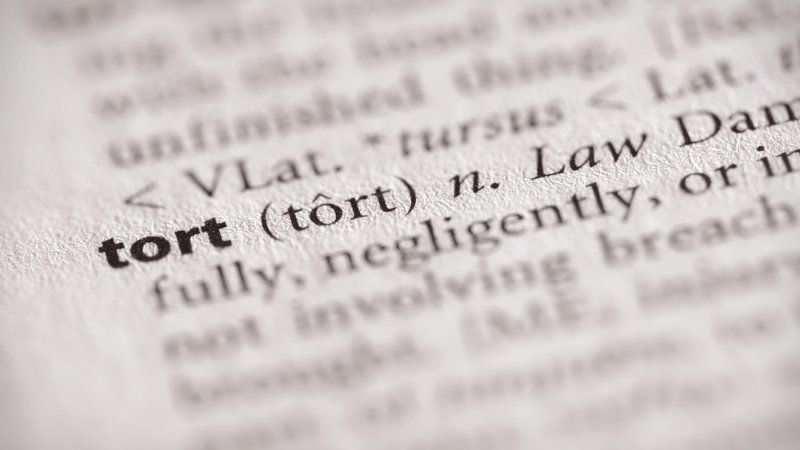What Is an Unintentional Tort?
Recent Blog Posts
What Is an Unintentional Tort?
A personal injury case can bring about a host of emotions. You may find yourself cycling through anger, fear, and uncertainty as you navigate medical and legal appointments. Having a good understanding of tort law, which applies to personal injury cases, can help you have a more solid footing when it comes to your own case.
Learn more about the difference between intentional and unintentional tort cases and understand the four elements of a tort case in the following guide.
What Is an Unintentional Tort?
Tort law involves disputes and conflicts between parties where the first party accuses the second party of causing the first party’s injury. All personal injury cases involve tort law, but not all tort cases are personal injury cases. These distinctions can matter when we discuss personal injury as distinct from emotional pain and suffering, for example.
Intentional Torts
Intentional torts may involve assault and battery, trespassing on private property, or an action committed with the intention of causing someone else harm or emotional suffering. As you can see, this category would not cover all cases of tort law. Several types of injury involve two parties — but it would apply to those where one party intentionally harms the other.
Unintentional Torts
Unintentional torts, or negligent acts, involve this second type of case. Personal injury claims are typically unintentional. However, this doesn’t mean that they aren’t harmful. Cases here might include slip-and-fall cases or auto accident cases.
What Are the 4 Elements of an Unintentional Tort?

Tort law is broken down into four parts. If you are the first party (the wronged party in the case), check out the four elements of an unintentional tort:
1. The Second Party Has a Duty To Cause No Harm
Were you the victim in a case where the other party had a legal or moral duty to cause you no harm? This may satisfy the first criteria according to tort law.
2. The Second Party Didn’t Fulfill Their Duty
If the second party in the case didn’t fulfill their duty to keep you safe or cause you no harm, this means they failed both your expectations and their obligation.
3. The First Party Can Prove Their Suffering
For there to be an unintentional tort case, there must be proof of your suffering as caused by the second party’s negligence. If you were physically injured, be sure to keep paperwork, insurance claims, labwork, and written diagnoses from your doctors’ appointments. If you attended counseling after a traumatic accident caused by a second party, keep these records as well.
4. The Second Party’s Negligence Directly Caused the First Party’s Suffering
It may be difficult to prove that an accident or personal injury is someone’s fault — and this is where the concept of tort law and unintentional (or negligent) torts come into play. An experienced attorney can help you navigate this often confusing process.
Contact Sargon Law Group for Help With Unintentional Tort Cases
At Sargon Law Group, we have extensive experience assisting our clients in unintentional tort cases. If you are struggling with a personal injury case that you feel qualifies you for compensation, give us a call. Our Phoenix, AZ personal injury attorneys look forward to helping you get the justice you deserve.





